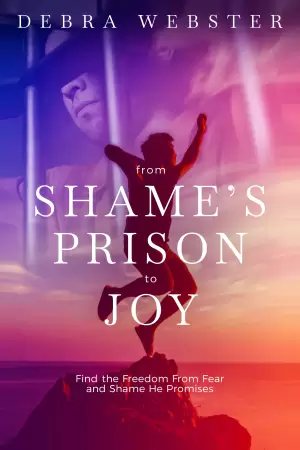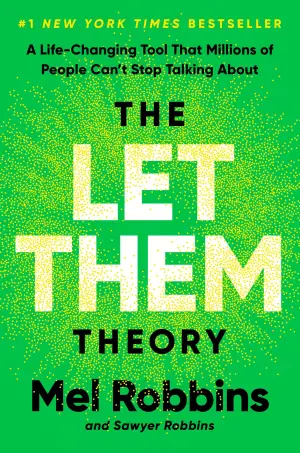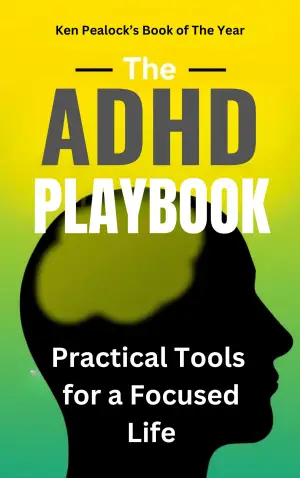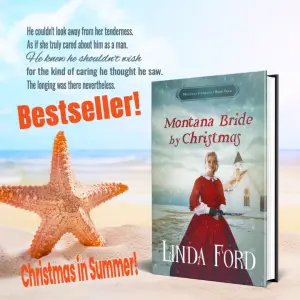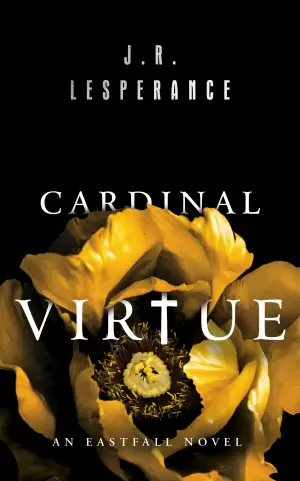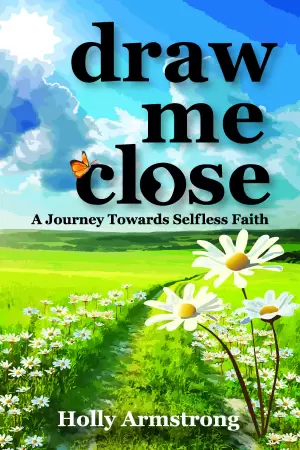A Personal Reflection on I’ll Give You the Sun
From the moment I laid eyes on I’ll Give You the Sun by Jandy Nelson, I couldn’t help but feel drawn to its vibrant cover and the promise of a unique twin story. As someone who appreciates the complexity of sibling relationships, particularly where art and self-discovery collide, this novel promised both beauty and substance. Nelson’s mastery of language and intricate storytelling captured my attention, but would it hold up throughout the journey?
At its heart, I’ll Give You the Sun is a poignant exploration of love, loss, and the intricate web of sibling rivalry. We navigate the lives of twins Noah and Jude, told through alternating perspectives that span three formative years. Noah’s voice, rich with artistic flair, resonates with youth’s giddy excitement as he falls in love with Brian, while Jude’s narrative, marked by self-imposed penance, reflects a darker, more complex emergence into womanhood. Their once-unbreakable bond frays as they inch toward adulthood, driven apart by jealousy, tragedy, and a craving for parental attention.
There are moments that truly shine in this book—like when Noah experiences the sweet thrill of first love, a time marked by awkwardness and revelation. The writing style here is infused with quirky, imaginative flourishes. Descriptions like “Jude barfs bright blue fluorescent barf all over the table” are not only unexpected but layered with profound feelings beneath the humor. These vivid snapshots draw readers into their world, even if they sometimes feel a bit gimmicky. Personally, I found myself rolling with the quirks, swept away by the deep emotional currents beneath the playful surface.
However, it wasn’t all sunshine and rainbows for me. While some characters, like Noah, come alive with unparalleled vibrancy, others felt less believable. Enter Oscar—a stereotypical “bad boy” with all the trappings of teenage fantasy—he didn’t resonate, coming off as a collection of clichés instead of a fully fleshed-out character. Similarly, Jude’s complex relationship with Zephyr left me feeling uneasy; her judgments and treatment of him felt exaggerated for narrative tension rather than grounded in authentic character development.
One aspect that continually irked me was the lack of communication between characters during pivotal moments—why don’t they just talk things out? This common trope can feel contrived and unrealistic, especially among teenagers who are often impulsive and expressive. Moments that could have defused tension instead became points of frustration for me as a reader.
Yet, I can’t deny that I’ll Give You the Sun has staying power. It’s charming, heartfelt, and deeply reflective, with lines that linger long after turning the last page, such as Noah’s longing wish to share immortality with his brother. This whisper of profound connection (and longing) tugged at my heartstrings.
In conclusion, if you’re drawn to stories of familial ties, love that touches but also complicates, and youthful artistry, then this book is worth picking up. Despite its flaws, the heartfelt exploration of identity and creativity in the face of adversity left me not just entertained but deeply moved. Nelson has crafted a world where the brilliance of youth meets the shadows of loss, and in doing so, has written a novel that resonates on many levels. I walked away feeling that, just like the characters’ complicated relationships, my reading experience was layered, beautiful, and occasionally messy—just like life itself.



